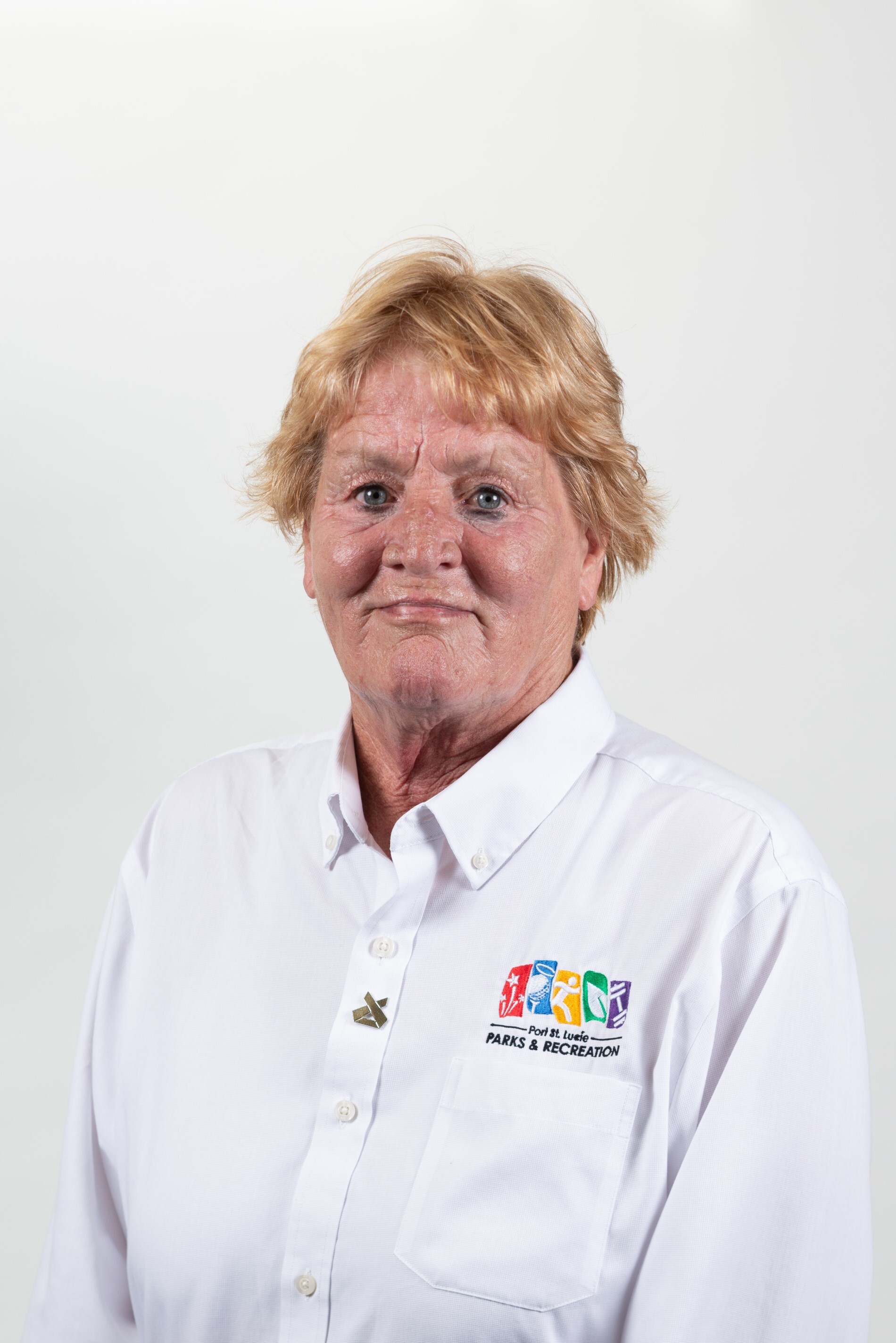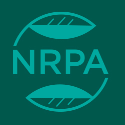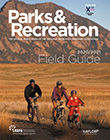
2021 Speed Session Bundle: Access
- Registration Closed
This bundle is worth 0.1 CEU and contains the following three speed sessions from NRPA's 2021 annual conference:
Selfishness vs. Freedom: The 50-Year Fight to Change the City of Palo Alto's 'Residents Only' Law for Its 1,400-Acre Park (Session 027)
'I refuse to sell my share,' my grandmother said to her spouse when he wanted to develop their ranch in the foothills west of Stanford University. 'I want it to be kept as open space.' The City of Palo Alto, California, bought the land, but then limited access to this magnificent 1,400-acre park to its own residents. 'It's okay to be selfish once in a while, isn't it?' a resident of Palo Alto, one of the country's wealthiest communities, wrote regarding the 'residents only' policy. After World War II, Palo Alto had a history of housing discrimination and as a result, many African American families could not live in Palo Alto and, consequently, were not able to use this park. In 2020, the attorneys for the ACLU and the NAACP sued Palo Alto on behalf of several plaintiffs, including myself. We negotiated successfully with the city council to open the park to all based on the following argument: that since this is a park purchased and operated with public funds, free speech and access must be for all.
Learning Objectives:
- Understand laws governing access to parks and open spaces.
- Discuss how histories of discrimination affect policies today.
- Explain the need for access to more open spaces in areas experiencing population growth, as well as the lack of coordination between various public agencies that own open spaces.
Integrating Mental Health Programs Into Traditional Park and Recreation Programming (Session 016)
Parks and recreation have long been considered the great 'connectors' throughout communities, linking quality recreational programming to relevant needs of our guests. As one of the Three pillars of NRPA's Strategic Plan, health and well-being are critical services that must be delivered to our residents. As connectors, we assessed our community needs, both pre- and post-COVID-19 pandemic, and determined that there's a significant need to integrate mental health services into our programming. We then developed Healthy U: A Series of Conversations, where we've partnered with local nonprofit mental health providers, to speak on serious, and yet relevant, topics, such as depression, anxiety, domestic violence, trauma informed care, suicide prevention and substance use disorder. This session will share the value of forming such partnerships and the intrinsic, positive contributions that having tough conversations on tough topics can bring to the community. As connectors, we assessed our community needs, both pre and post COVID-19 pandemic, and determined that there's a significant need to integrate mental health services into our programming. We then developed Healthy U: A Series of Conversations, where we've partnered with local non-profit mental health providers, to speak on serious and yet relevant topics, such as Depression, Anxiety, Domestic Violence, Trauma Informed Care, Suicide Prevention and Substance Use Disorder. This session will share the value of forming such partnerships and the intrinsic positive contributions that having tough conversations on tough topics can bring to the community.
Learning Objectives:
- Establish partnerships in your community to join you as subject matter experts to share their expertise on mental health services.
- Maximize the time and resources available in your community to bring tough conversations about mental health front and center.
- Maximize the time and resources available in your community to bring tough conversations about mental health front and center.
How to Involve Individuals With Physical Disabilities in Your Recreation Programming (Session 013)
This session will provide concrete strategies for including individuals with physical disabilities in programming. Foundations/grants that assist with purchasing adapted equipment will be shared. Time will be scheduled to answer questions about specific programming that attendees have and how to make it inclusive.
Learning Objectives:
- State why inclusion is important and list at least six different ways to make inclusion happen.
- Identify funding agencies that can help with increasing inclusive programming and/or adapted equipment.
- Provide specific answers to your inclusive programming questions.

Geoff Paulsen (he/him)
Park Ranger
NPS and City of Palo Alto
* Park ranger with the NPS and the City of Palo Alto.
* For Cupertino, CA chaired: Planning, Parks Recreation, and Bike/Ped commissions.
* Served on the board of tree planting and trail advocacy nonprofits.
* Presented to governing bodies and spoken at national domestic violence and public health conferences.
* B.S., Natural Resources; MPA.

Patricia Roberts (she/her)
Deputy Director
City of Port St. Lucie Parks & Recreation Department
Patricia L. Roberts (Pattie) has been employed with the City of Port St. Lucie Floridas Parks Recreation Department since 2008. As such, she has served in many positions, including the most recent promotion to Deputy Director in 2016. Pattie is an advocate for mental health services as they integrate and connect the public to the plethora of recreation programming that departments offer.

Margaret Stran (she/her)
Associate Director of Adapted Athletics
University of Alabama
Dr. Stran is Associate Director of Adapted Athletics at the University of Alabama. She has spent the past twenty years getting individuals with physical and intellectual disabilities active. In addition to her activities, Dr. Stran has been sharing what she does at conferences and events in the US and abroad since 2000.


Engage With Us